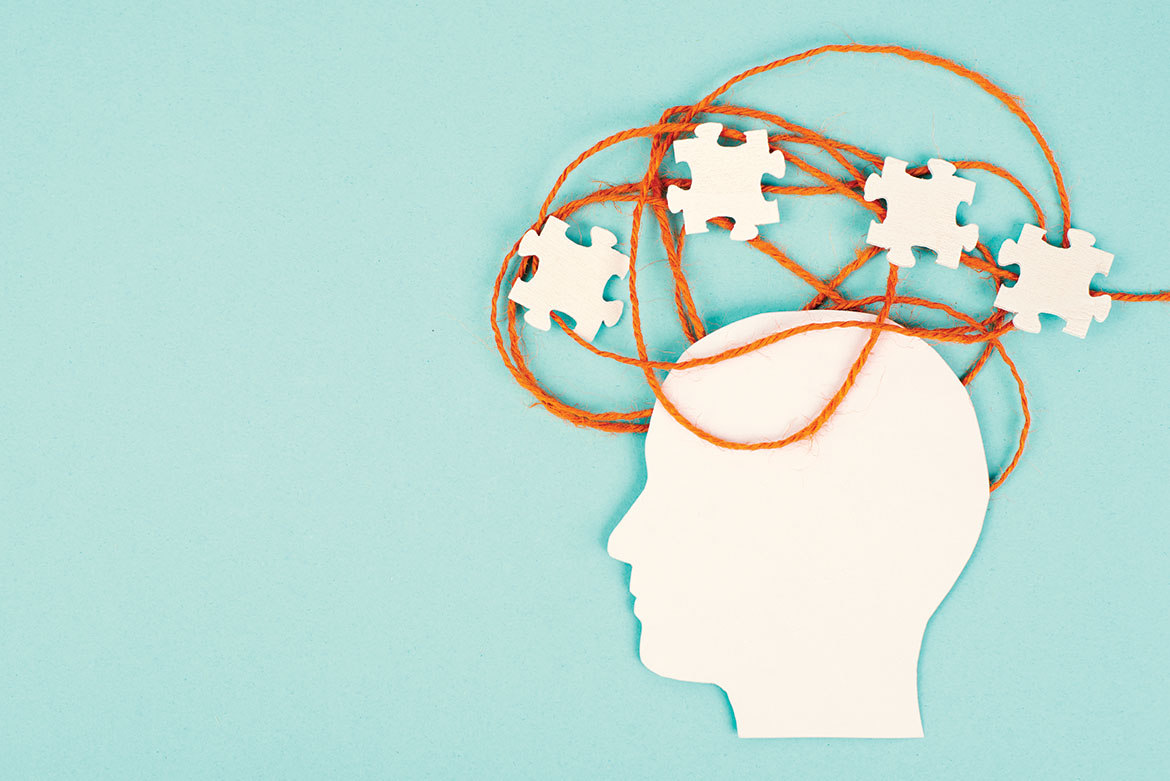By madison parrott, social worker
ADHD doesn’t just affect focus – it often impacts emotions, relationships, and everyday functioning. Here’s how Dialectical Behaviour Therapy (DBT) can help.
Whether you’re raising a child, guiding a teen, or navigating life as an adult with ADHD, one therapeutic approach is gaining traction across Australia: Dialectical Behaviour Therapy (DBT).
Originally developed to treat borderline personality disorder, DBT has evolved into a powerful, evidence–based framework that teaches core life skills in four areas: mindfulness, distress tolerance, emotion regulation, and interpersonal effectiveness. These are areas where people with ADHD—regardless of age – often struggle. By building skills in these four domains, DBT offers structure, insight, and tools that empower both young people and adults to better manage the challenges of ADHD.
Mindfulness: enhancing focus and self–awareness
Mindfulness is the foundation of DBT. It teaches individuals how to bring their attention to the present moment – something many people with ADHD find difficult. For children and teens, mindfulness builds the mental muscle needed to slow down and pay attention. For adults, it can reduce autopilot reactions, impulsivity, and stress.
Research included in the Australian ADHD Clinical Practice Guideline and the journal Mindfulness shows mindfulness practices can reduce hyperactivity, improve attention, and support emotional regulation in people with ADHD. Across the lifespan, mindfulness helps individuals notice their thoughts and feelings without being overwhelmed by them – an essential skill for managing both the internal and external chaos ADHD can bring.
Distress Tolerance: managing intense emotions
Whether it’s a child having a meltdown over homework or an adult overwhelmed by workplace stress, distress tolerance skills are vital. This DBT module teaches practical tools for handling emotional storms without making the situation worse. These include grounding exercises, distraction strategies, and healthy ways to ride out a crisis.
Young people often benefit from these tools during times of transition, frustration, or peer conflict. Adults may use them when navigating work pressure, parenting stress, or interpersonal struggles. At the Central Coast DBT Centre, we see how these techniques help individuals of all ages respond more calmly and effectively when emotions run high.
Emotion Regulation: creating stability
Emotional dysregulation – frequent mood swings, low frustration tolerance, and intense reactions – is increasingly recognised as a major component of ADHD. DBT’s emotion regulation module teaches people how to name their emotions, understand what triggers them, and build routines that support emotional wellbeing.
A 2022 Australian–based study published in BMC Psychiatry found that DBT group therapy significantly improved emotion regulation and executive functioning in adults with ADHD. But this is not limited to grown ups – teenagers in DBT programs often report better self–control, while parents observe fewer emotional outbursts at home.
From childhood through adulthood, developing emotion regulation skills can mean the difference between feeling out of control and being able to respond with intention.
Interpersonal effectiveness: improving relationships
ADHD can make relationships challenging. Kids may struggle with turn–taking or reading social cues. Teens and adults might find it difficult to express their needs clearly or maintain healthy boundaries. DBT’s interpersonal effectiveness skills are designed to address exactly these issues.
These skills help people ask for what they need, say no respectfully, and handle conflict – whether it’s a playground disagreement, family argument, or workplace tension. Adolescents often use these skills to manage peer relationships or navigate romantic situations. Adults benefit from them in parenting, partnerships, and professional settings.
For many individuals with ADHD, learning how to communicate effectively is a turning point. Relationships improve, confidence grows, and social anxiety often decreases.
A skills–based approach for all ages
What makes DBT especially powerful is that it’s adaptable across the lifespan. Younger children can learn DBT skills through games, stories, and caregiver coaching. Teenagers may benefit from group programs that focus on peer dynamics and emotional control. And adults can access DBT through individual therapy or structured group skills training.
Whether you’re a parent of a child with ADHD, a teenager navigating high school, or an adult managing work, relationships, and responsibilities, DBT provides tools that can be used in everyday life.
And DBT doesn’t replace medication or academic accommodations—it complements them. It provides the emotional and behavioural scaffolding that many people with ADHD need to thrive.
What parents can do
If you’re a parent of a young person with ADHD, or if you have ADHD yourself, here’s how you can start exploring DBT:
- Look for DBT–informed therapists or group programs in your area who specialise in ADHD.
- Try mindfulness at home with your child. Apps like Smiling Mind (an Australian resource) are a great place to begin.
- Practice emotional naming – help your child (or yourself) recognise and label feelings as they come up.
- Use DBT strategies as a family, such as deep breathing, “STOP” skills, or “wise mind” decision–making.
Final thoughts
ADHD presents unique challenges at every stage of life, from early childhood through adulthood. DBT offers a structured, research–informed approach that helps people of all ages develop emotional control, focus, resilience, and stronger relationships. Whether your child is just beginning their ADHD journey or you’re an adult seeking new ways to manage your symptoms, DBT can be a powerful tool for creating long–term change.
Madison Parrott is a social worker with 16 years of experience supporting at–risk young people. She brings compassion, clarity, and evidence–based strategies to help youth navigate life’s challenges, build resilience, and thrive. Based at the Central Coast DBT Centre, Madison is currently open for referrals.

